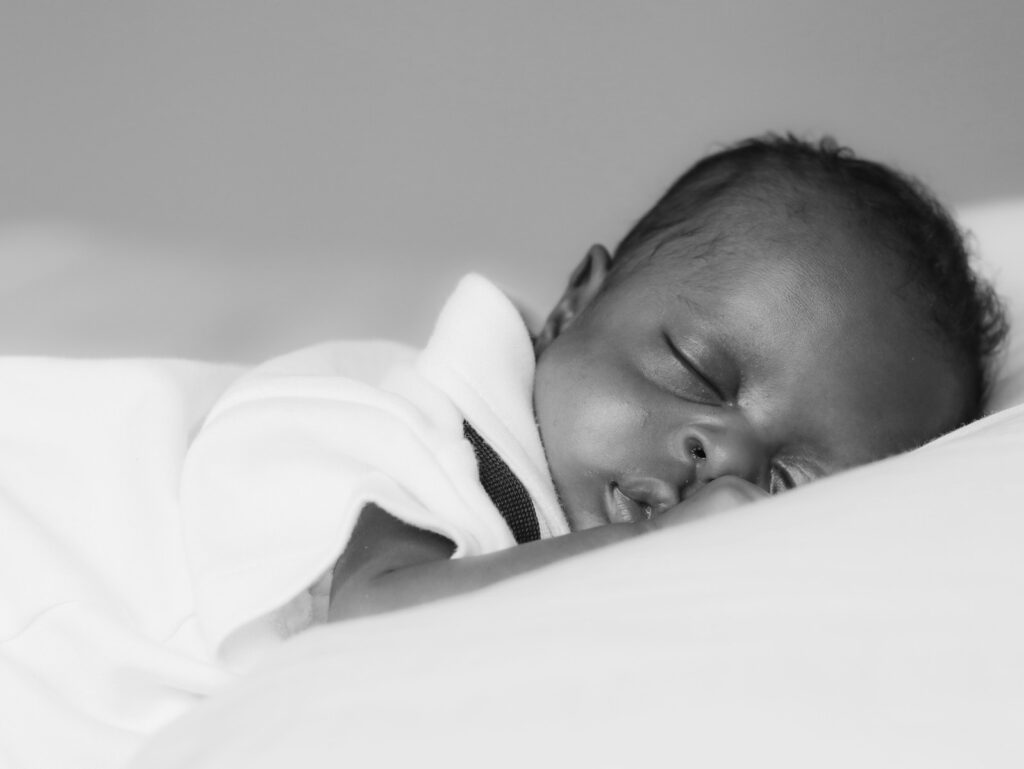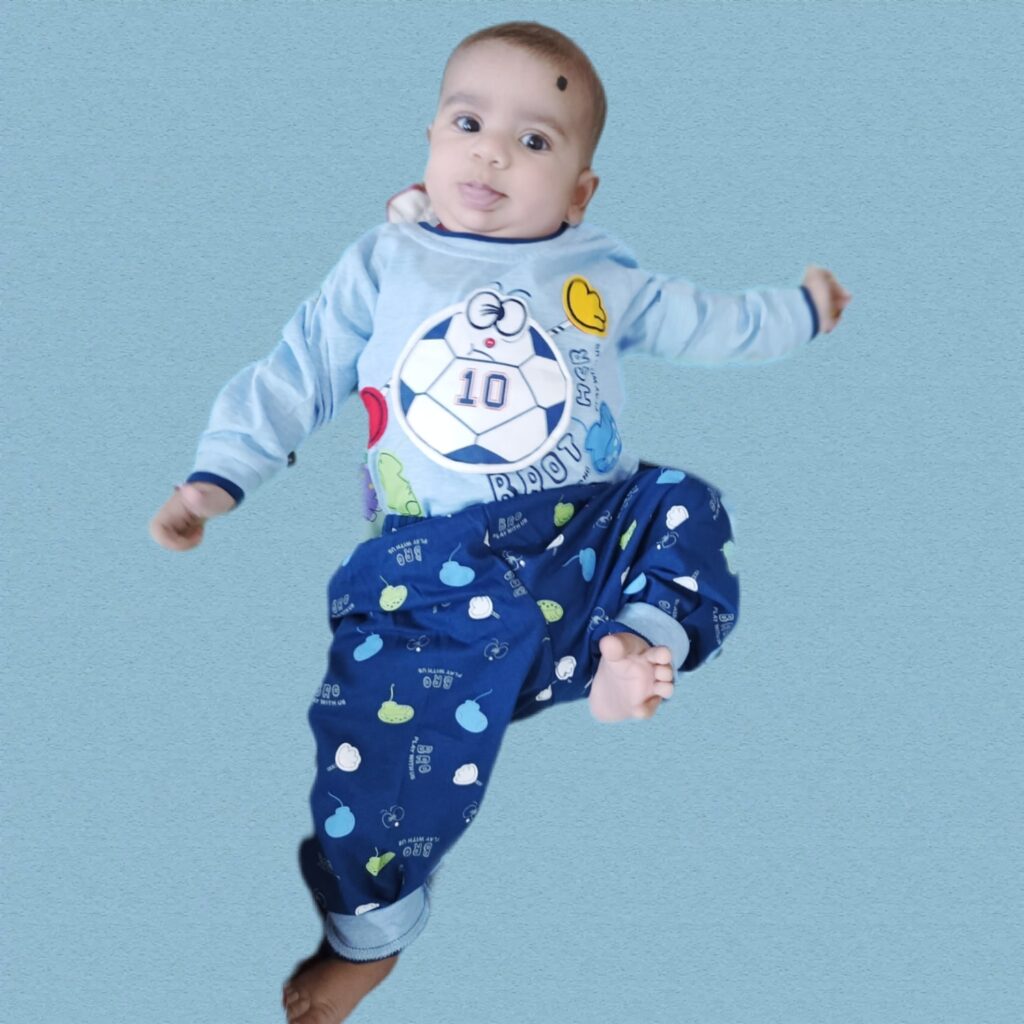It is your responsibility as a parent to know what your child needs, wants, and what irritates them. You must pay great attention to the cues and closely examine what they are doing in order to decipher their meaning. You can better attend to your baby’s needs if you are aware of their cues. These cues are the primary mode of communication in the early stages of life. Understanding baby cues : what they are trying to say is the first step of successful parenting.
Baby cues are how babies communicate their feelings and how to get what they desire. Your responses build your relationships with your baby. If at times you can’t Interpret what they need, remember a calm and gentle response from you to help your baby feel safe. Responding quickly and lovingly is the key to comfort your baby.
Baby Cues include Gestures, Movements, Facial Expressions, Sounds and Crying. This is not the language which needs certification, it just requires your time. What if we gave you a brief rundown of some common infant cues so that the next time your child tries to communicate with you through signs, you can react correctly and appropriately?
Mumma, I am Hungry!
When your baby cries, feeding them is usually the first thing that springs to mind, but crying is not the only indication that they are hungry. It is advised by doctors to feed your infant every 1.5 to 2 hours. Breastfeeding should be done on demand during the first few weeks. As the baby becomes bigger, they feed every two to three hours on average. As a parent understanding baby cues is essential for you.
Avoid trying to schedule your baby’s feedings, regardless of whether they are formula- or breastfed. When your infant is hungry, you may notice a variety of cues, such as:

- Sticking out the tongue
- putting fingers in mouth
- sucking motions with their mouth
- making little sounds
- searching breast
- Crying
where the final sign of hunger is sobbing. If your baby has started to cry, you should calm them down by giving them a tender embrace before feeding them.
Mumma, I am Full!
Your baby will send out a variety of indications when their stomachs are full, such as:
- Slowing down
- Turning away
- Relaxed body language
- Spitting out
- Decreased interest
- Closing mouth
- Fall asleep
- Change in sucking pattern

Recognizing these cues can prevent overfeeding which will lead to digestive issues.
Mumma, I am Crying! Do you know why?
Well the first and foremost thing that comes to mind is my baby must be hungry but there can be other reasons behind crying like:
- I am tired
- I am done
- I don’t like this
- pick me up
- something hurts
- dirty diaper
- Physical discomfort
- temperature
- overdress
- Overstimulation like excessive noise, lights, or too much activity can overwhelm them
- Bad behaviour like loud shouting, fighting, arguments, loud crying etc.
- Illness or pain

If all these reasons won’t work try these methods to soothe your baby as soon as possible
It takes time to calm your fussy baby at this time so be patient and try these methods multiple times also never shake your baby as it will impact their brain and can cause damage.
Mumma, I am Sleepy!
This is the most difficult phase for our new mommy and daddy as both of you might be struggling with the sleeping pattern of your baby. A newborn’s wake-up window is 1-1.5 hours (90 minutes). They may wake up for a feeding session, for a diaper change or due to another issue. But this time shall pass too and your baby will sleep in a good stretch once a time in a day very soon. At week 16 baby starts to sleep better and wakes up less frequently.
Babies display various cues to indicate that they are feeling sleepy. some are:
- Rubbing Eyes
- Yawning
- Fussiness or irritability
- Decreased activity
- Quieting down
- face rubbing
- Droopy Eyes
- Seeking comfort

Providing a conducive sleep environment and responding accordingly to the cues can help in establishing a healthy sleep routine. The more babies get peaceful sleep the more they grow and develop.
Some Other Important Baby Cues are: Understanding Baby Cues
1. Arching back
It indicates heartburn, colic or stomach discomfort and gastrointestinal Reflex. Sometimes overstimulation like bright light or loud noise can overwhelm them, leading to this response. If your baby’s arching back is persistent accompanied by various other symptoms, consult a paediatrician.

2. Ear Grabbing
It can be a reaction to teething, due to discomfort and pain in their gums in teething. They grab their ears to alleviate the discomfort. However, ear-grabbing with cough and fever can indicate an ear infection. Other reasons can be Exploration as baby explore their bodies, Attention Seeking or expressing a desire to interact and it can also be due to sensory stimulation.
3. Constant Kicking
Although practically all babies exhibit this fairly common indication, it does not always indicate that they are happy. There might also be other explanations. See the cause of your baby’s frequent kicking:
- Physical Development
- Comfort
- Discomfort
- Communication
- Reflexes
- Energy Release
- Stimulation
- Medical Reasons

4. Grumpiness
It is a feeling of being slightly annoyed. Babies cannot tell you directly so they give this cue. Here are the following reasons behind this one:
- Fatigue
- Physical Discomfort
- Loneliness or need for attention
- Developmental changes
- Colic

To rule out any underlying medical concerns, it’s essential to see a paediatrician if the grumpiness continues or is accompanied by other worrisome symptoms.
5. Clenched Fist
Newborn babies generally have strong grasp reflexes. They instantly clenched their fist when anything touched their palm. But there can be other reasons as well :
- As the sense of security and comfort
- In response to various stimuli like bright light, sudden movements, and loud noises.
- To self-soothe when tired
- Regulate body temperature.
- Just a part of Developmental stage

6. Head Banging
The motion involves vigorously shaking one’s head up and down. It’s a typical baby behaviour. The baby may find the rhythmic motion soothing and helpful in overcoming stress or discomfort. But the parents might find it disturbing. This cue may exist for several reasons:
- Self-soothing
- Exploration
- Form of communication
- As a response to pain and discomfort
- Routine or habit
- Attention seeking
While head banging is normal, parents must pay attention as the baby may not get injured while doing it.
Also Read: Postpartum Recovery
7. Baby Hiccups
Hiccups can occur before or after feeding mainly when the baby swallows milk too fast. Apart from this, there can be many other reasons:
- Gastroesophageal reflex
- Immature Nervous System- as it is still developing
- Overfeeding leads to a distended stomach which triggers hiccups
- Swallow air while crying and feeding
- Diaphragm spasm – When the diaphragm contracts involuntarily causing sudden intake of breath followed by closing the vocal cord and producing a hic sound.
8. Eye Rubbing
It can be due to:
- Tiredness
- Eye infection
- Itching and Irritation
- Fatigue
- Overstimulation
- Teething

If your baby consistently rubbing their eyes kindly consult a paediatrician as he may suggest some eye drops that will soothe any type of discomfort.
9. Breathing Quickly
Newborns have developing lungs and Weaker muscles so they breathe faster than normal adults. Their little nose was just introduced by the process of inhaling and exhaling a few weeks ago. Newborns younger than 6 months breathe 40 to 60 times per minute. There is nothing to worry about it most of the time. If you observe anything abnormal then Reach out to a paediatrician if you find any associated signs during breathing:
- Whistling noise
- Snoring
- Persistent dry Cough
- Hoarse cry
- Wheezing sound
- When the newborn stops breathing for 20 seconds.
10. Turning Face Away
This cue is usually an indication that they are not interested in interacting at that particular time. Additional causes include exhaustion and drowsiness, feeling sleepy, discomfort, and exploration. This is typical behaviour.
All Kinds Of Engagement Cues : Understanding Baby Cues
Caregivers should recognize certain engagement cues as they help foster bonding, interactions, and overall development of your baby. These are:
| Eye Contact | Babbling in response to speech |
| Facial Expressions | Calmness and Alertness |
| Vocalization | Turning eyes, head or body towards you |
| Body Movements | Hand to Mouth activity |
| Reaching and Grasping | Hand clasped together |
| Turning towards Stimuli | Looked Relaxed |
| Sustained Attention | Alert Face |
All Kinds of Dis-Engagement Cues : Understanding Baby Cues
To prevent overstimulation caregivers should know these disengagement cues. Understanding baby cues and responding by providing a quiet and calming environment will promote their well-being and comfort.
| Avoiding Eye Contact | Fussiness and crying |
| Decreased Activity | Turning Away |
| Frowning and Grimacing | Decreased Responsiveness |
| Yawning | Rubbing eyes |
| Arching Back | Clenching Hands |
| Breathing changes | Seeking Comfort objects |
| Jerky Movements | Spitting Out |
Takeaways:
No matter what the condition is first try to calm a baby by changing their diaper and then hold them and talk to them softly. If this can’ t make a change get her a bath or gentle massage or both. Understanding baby cues is not a difficult task. All the cues that have been discussed here so far are very normal most of the time and you don’t need to think about it at all. All we ask is that you seek assistance and heed the advice of your child’s physician if any of the cues continue to be bothersome or frequently result in the baby injuring himself.
Your adventure as a parent has just begun, and while these are little issues to deal with, there are many more challenges ahead. Therefore, throughout this time, remember to have a positive outlook and a helpful, sympathetic attitude.


